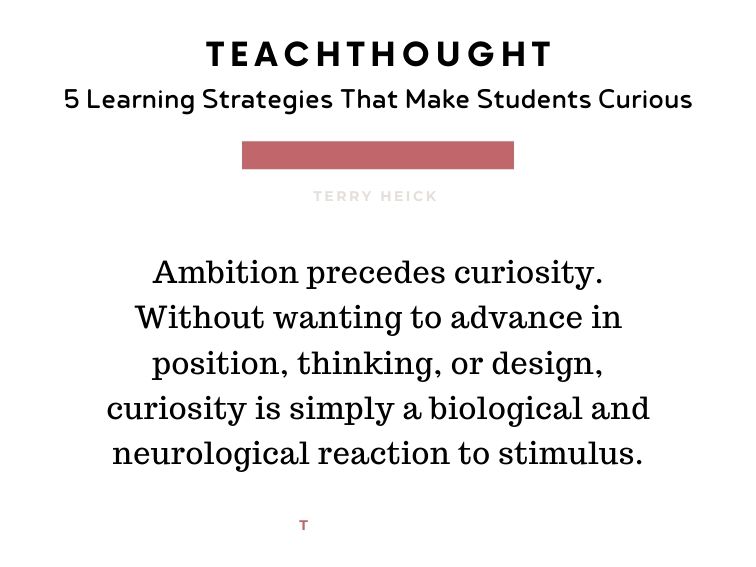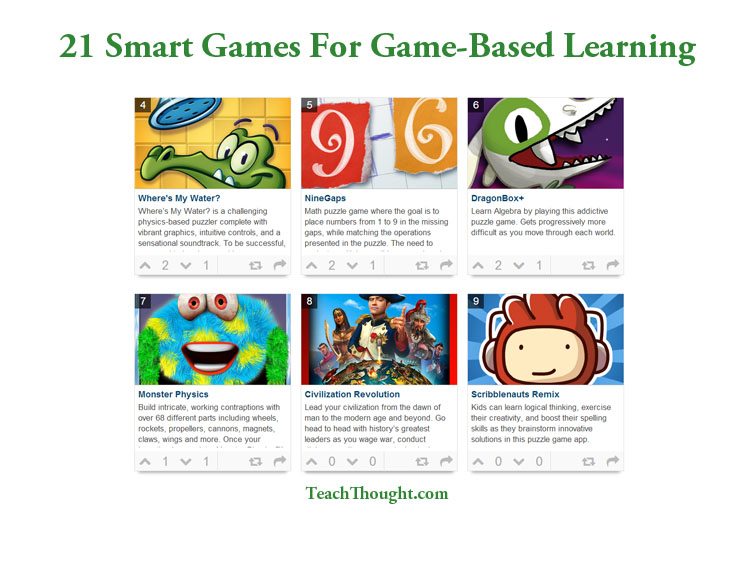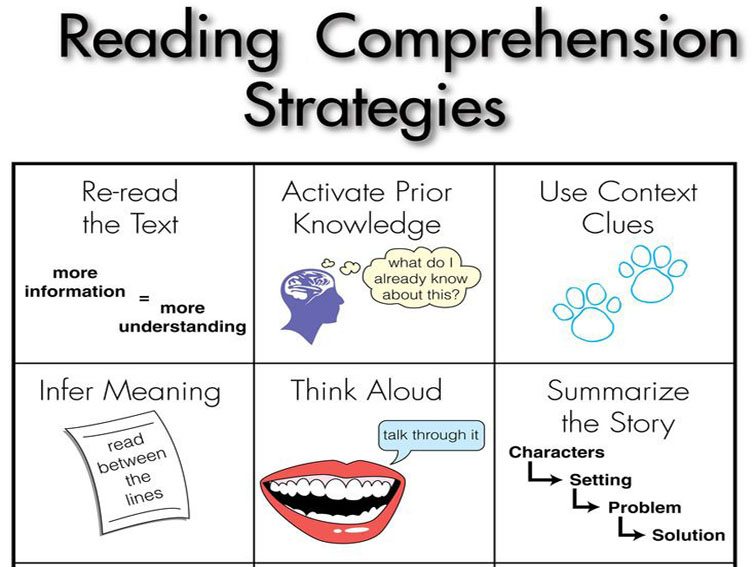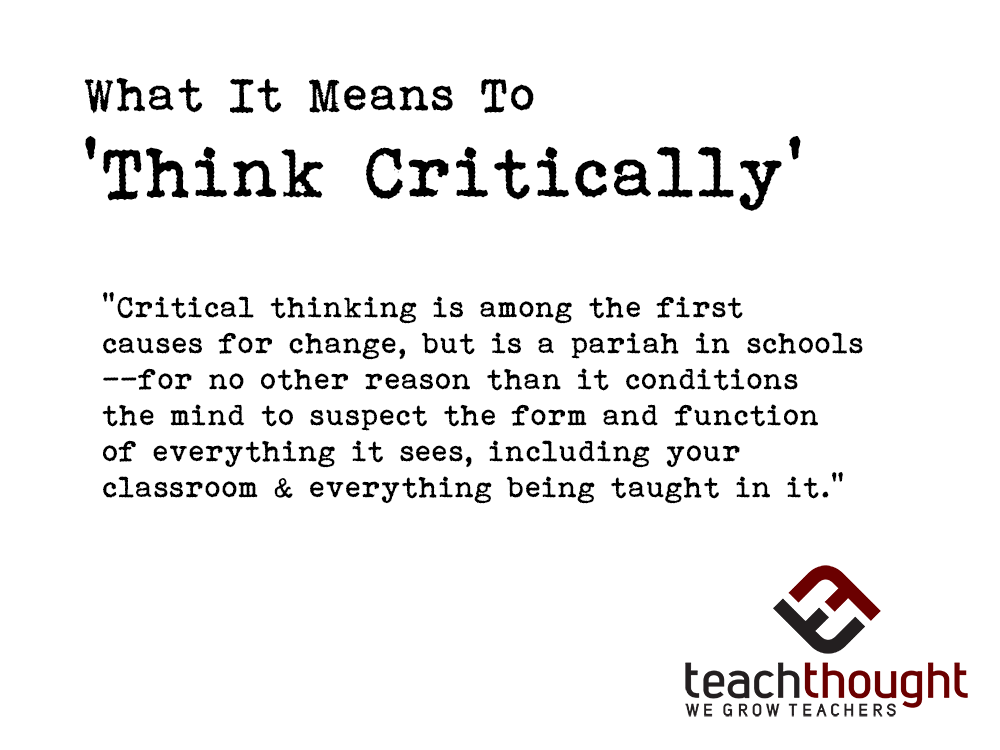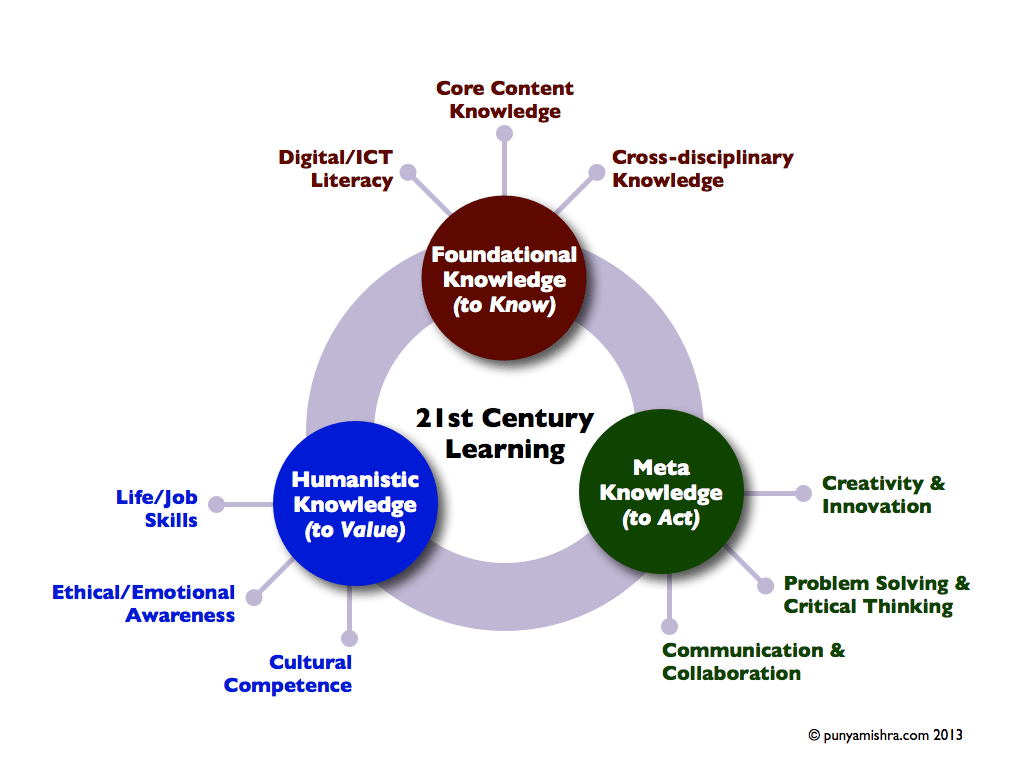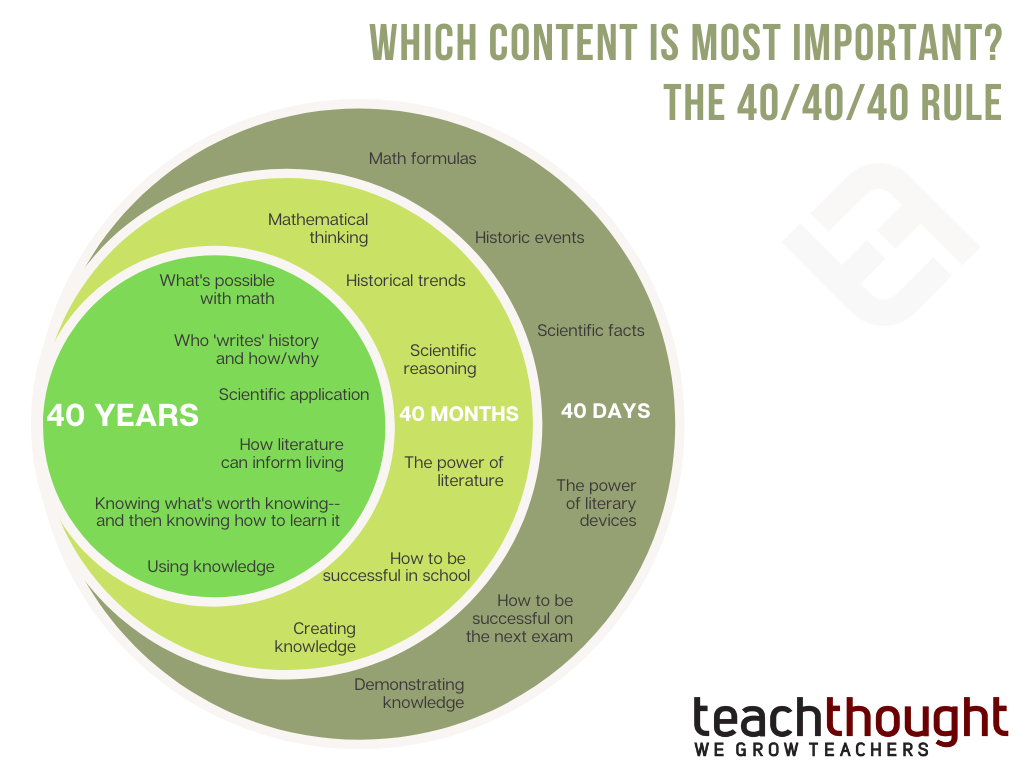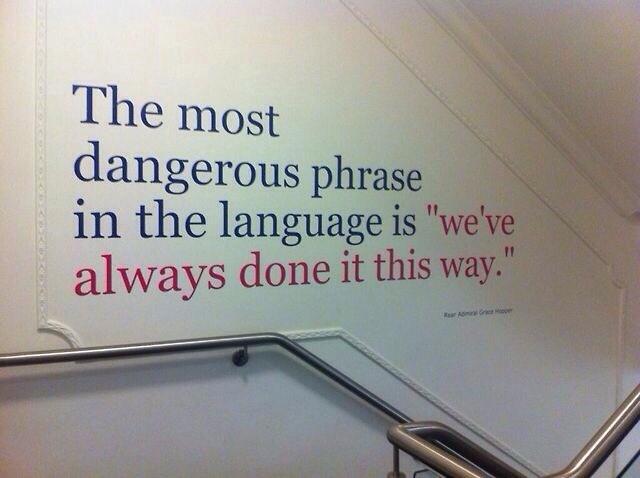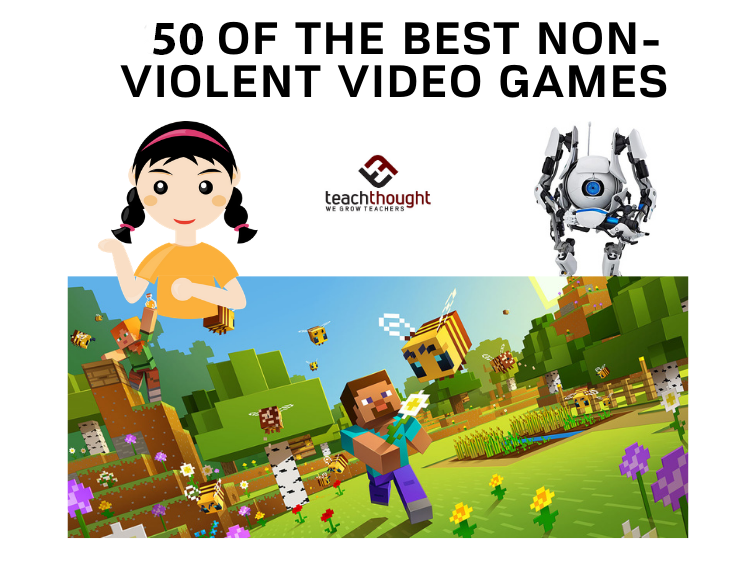Tag: Experienced Teacher
5 Learning Strategies That Make Students Curious
Ambition precedes curiosity. Without wanting to change or grow, curiosity is simply a momentary neurological reaction to stimuli.
14 Games For Game-Based Learning By Grade Level
Good candidates for game-based learning games include Portal 2, Civilization VI, Democracy 4, and Assassin’s Creed Museum Tour.
25 Reading Strategies That Work In Every Content Area
Reading strategies useful in every content area include Questioning the text, Visualization, and using Context Clues to infer meaning.
What Does ‘Critical Thinking’ Mean?
Critical thinking is the suspension of judgment while identifying biases and underlying assumptions in order to draw accurate conclusions.
3 Knowledge Domains For The 21st-Century Student
3 Knowledge Domains For Teaching And Learning by TeachThought Staff Thinking in the 21st century is just different. That doesn’t […]
Which Content Is Most Important? The 40/40/40 Rule
The 40/40/40 rule: What’s important that students understand for the next 40 days, for the next 40 months, for the next 40…
The Most Dangerous Phrase In Education
“We’ve always done it this way” is one of the most dangerous phrases we can use—and this danger extends to education, as well.
50 Of The Best Non-Violent Video Games [Updated]
What are the best non-violent video games for children? Well, that depends on how you define ‘violent’ but here are 50 to…
